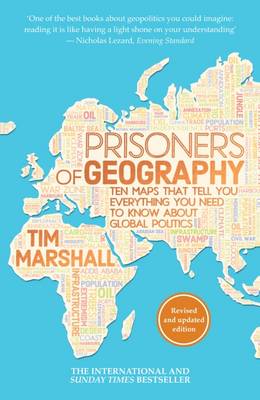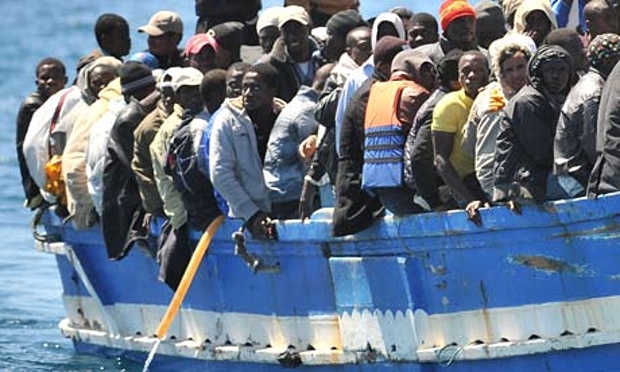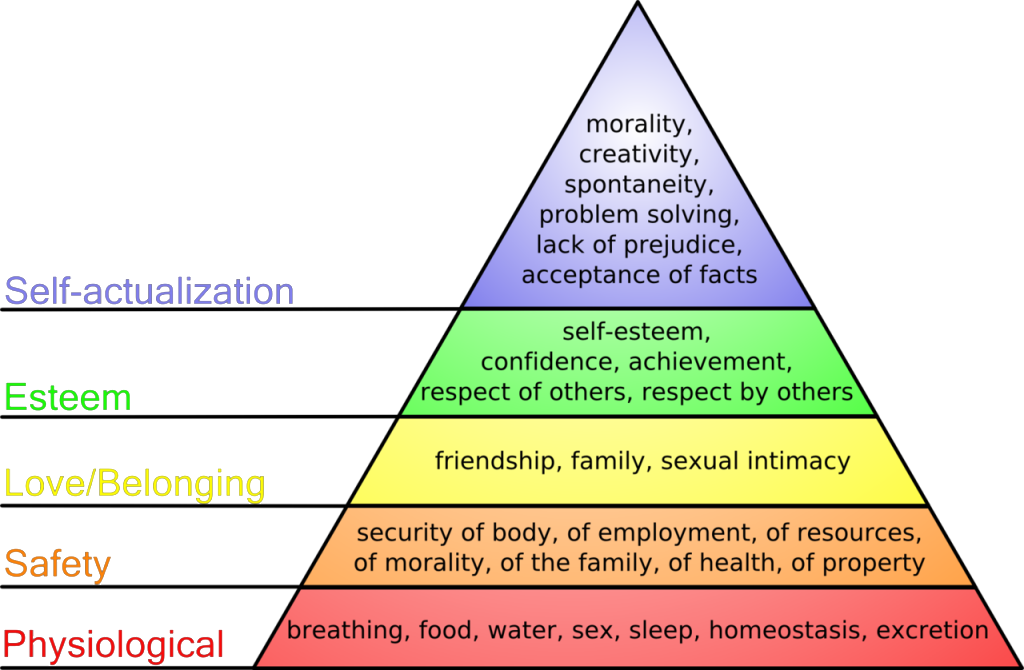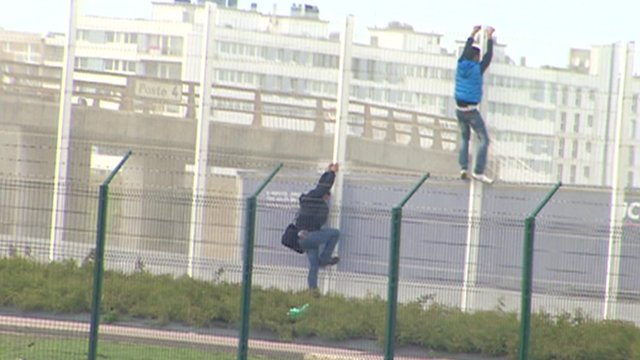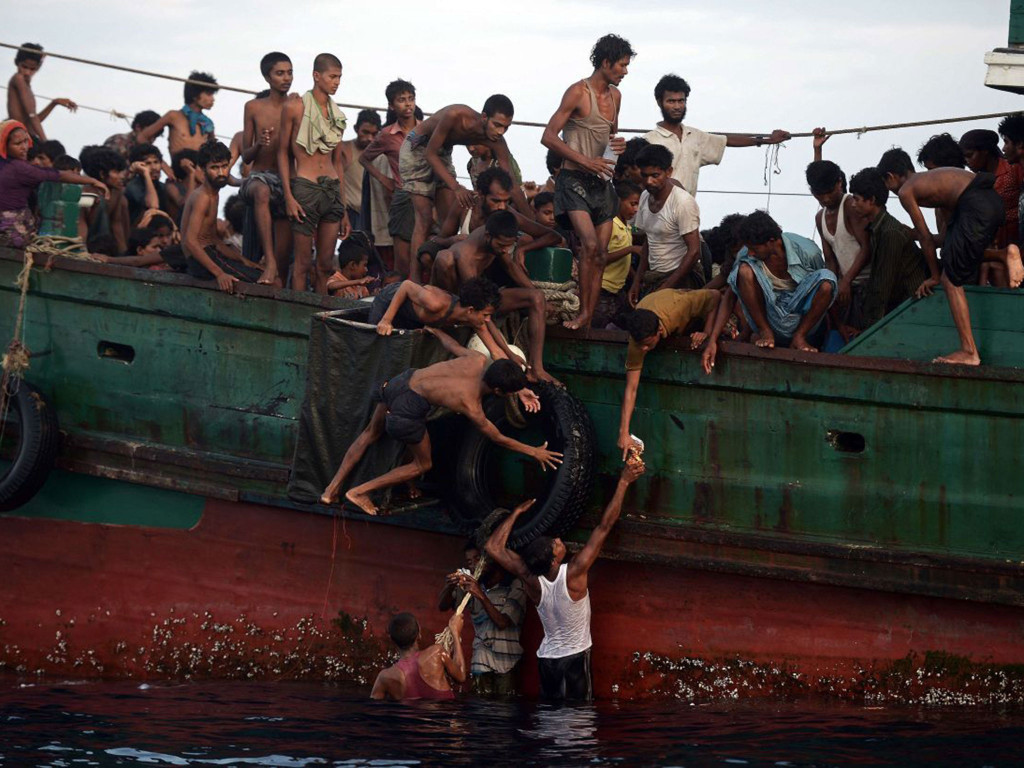Whilst I was in London last month, one of the books that I bought was “Prisoners of Geography” by Tim Marshall. Tim Marshall tells us how the leaders of the world are restricted by their geographies and how their decisions are influenced by it. It is a great book that looks at historical turning points of different nations and helps us understand why they behaved in a certain way. His book is divided into ten sections: Russia, China, USA, Western Europe, Africa, the Middle East, India and Pakistan, Korea and Japan, Latin America, and the Arctic.
The book contains a lot of anecdotes about each region.
Russia:
Russia covers eleven time zones and, even now, it takes six days to cross it by train. Russians were fighting on average in and around the North European Plain once every thirty-three years. By 2004, just fifteen years after 1989, every single former Warsaw Pact state bar Russia was in NATO or the European Union. Russia is the biggest country in the world, twice the size of the US or China, five times the size of India, twenty-five times the size of the UK. Although 75 per cent of Russian territory is in Asia, only 22 per cent of its population lives there.
China:
Xinjiang is the largest province of China. It is the twice the size of Texas, and you can fit the UK, France, Germany, Austria, Switzerland, the Netherlands, and Belgium in it and still have room for Luxembourg. Xinjiang is too strategically important to allow an independence movement to get off the ground: it not only borders eight countries – thus buffering the heartland – but it also has oil and is home to China’s nuclear weapons testing sites.
Large-scale migration south to north can be expected, which will, in turn, give China more leverage in its relations with Russia.
China intends to become a two-ocean power. This is China’s way of reducing its overreliance on the Strait of Malacca, through which almost 80 per cent of its energy supplies pass.
USA:
By 1814 the British had gone and the French had given up on Louisiana. In 1867 Alaska was bought from Russia. Many US government foreign policy strategists are persuaded that the history of the twenty-first century will be written in Asia and the Pacific. Half of the world’s population lives there, and if India is included it is expected to account for half of the global economic output by 2050.
Western Europe:
There are unprovable theories that the domination of Catholicism in the south has held it back, whereas the Protestant work ethic has propelled the northern countries to greater heights.
France is the only European country to be both a Northern and Southern power.
Geographically, The Brits are in a good place. Good farmland, decent rivers, excellent access to seas and their fish stocks, close enough to the European Continent to trade and yet protected by dint of being an island race. There is a theory that the relative security of the UK over the past few hundred years is the reason it has experienced more freedom and less despotism than the countries across the Channel.
Africa:
We are all from Africa since that’s where homo sapiens originated 2,000 years ago. Challenge is the rivers ince parts of it navigable by shallow boats, but there are parts that do not interconnect, thus limiting the transportation of cargo. The ethnic conflicts within Sudan, Somalia, Kenya, Angola, the Democratic Republic of the Congo, Nigeria, Mali and elsewhere are evidence that the European idea of geography did not fit the reality of Africa’s demographics.
About a third of China’s oil imports come from Africa. South Africa is one of the very few African countries that do not suffer from the curse of malaria, as mosquitoes find it difficult to breed there. Is it a coincidence that European colonialists chose to settle there and that South Africa is the biggest African economy today?
Middle East:
Prior to Sykes-Picot, there was no state of Syria, no Lebanon, nor was there a Jordan, Iraq, Saudi Arabia, Kuwait, Israel, or Palestine. Lebanon’s most recent civil war lasted for fifteen years and, at times, it remains close to another one. Syria may suffer a similar fate.
The Mongols were the last force to make any progress through Persian territory in 1219–1221 and since then attackers have ground themselves into dust trying to make headway across the mountains.
Turkey granted its women the vote two years ahead of Spain and fifteen years ahead of France.
India – Pakistan:
There is an approximately 1,900 mile long border between the countries. Pakistan received just 17 per cent of the financial reserves that had been controlled by the pre-partition government.
In the spring of 2015, the two countries agreed to a USD 46 billion deal to build a superhighway of roads, railways, and pipelines running 1,800 miles from Gwadar to China’s Xinjiang region. This would make it possible to bypass the Strait of Malacca.
The Afghan-Pakistani border is known as the Duran line. Sir Mortimer Durand, the Foreign Secretary of the colonial government of India, drew it in 1893 and the then ruler of Afghanistan agreed to it.
Korea – Japan:
Satellite images and witness testimony suggest that at least 150,000 political prisoners are held in giant work and re-education camps.
The territory of the Japanese islands together make up a country that is bigger than the two Koreas combined, or in European terms bigger than Germany.
Latin America:
The Latin American population, including the Caribbean, is over 600 million, and yet their combined GDP is equivalent to that of France and the UK, which together comprise about 125 million people.
In 1914 the newly built, 50 mile long, American controlled Panama canal opened, thus saving an 8,000 mile journey from the Atlantic to the Pacific oceans and leading to economic growth in the canal region.
The Texas-based geopolitical intelligence company stratfor.com estimates that Brazil’s seven largest ports combined can handle fewer goods per year than the single American port of New Orleans.
The Arctic:
The Arctic Ocean is 5.4 million square miles; this might make it the world’s smallest ocean but it is still almost as big as Russia, and one and a half times the size of the USA.
I highly recommend that you have this book on your bookshelf, as it will not only enhance your vision, but also make you understand where the world is going. Prisoners of Geography is the kind of book that you could easily go back to many times as a good source for references.
All the best from Singapore.
Sukru Haskan
Twitter: @sukru_haskan
